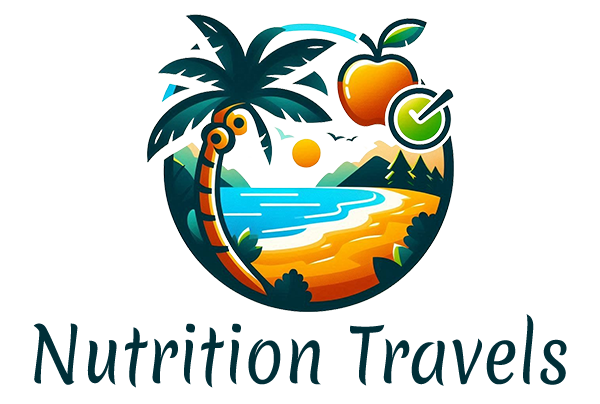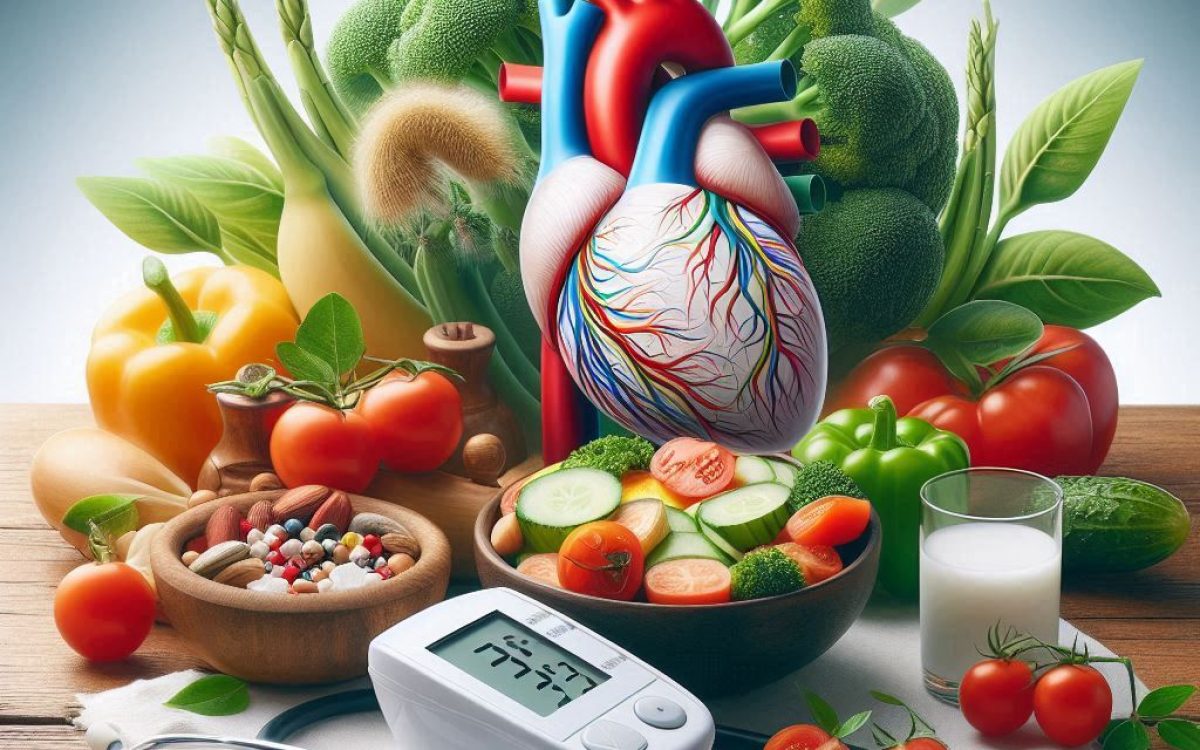High blood pressure is one of the most common chronic diseases worldwide, often called the “silent killer” because it usually shows no clear symptoms, yet can lead to serious complications such as heart disease, stroke, and kidney failure. What’s surprising is that controlling blood pressure doesn’t rely solely on medication — it can actually be managed and even prevented through diet and by choosing the right foods that support heart and vascular health.
In this article, we’ll explore how you can manage blood pressure through diet, the foods that help lower it, those that should be avoided, and practical tips to help you adopt a healthy lifestyle that naturally keeps your blood pressure balanced.
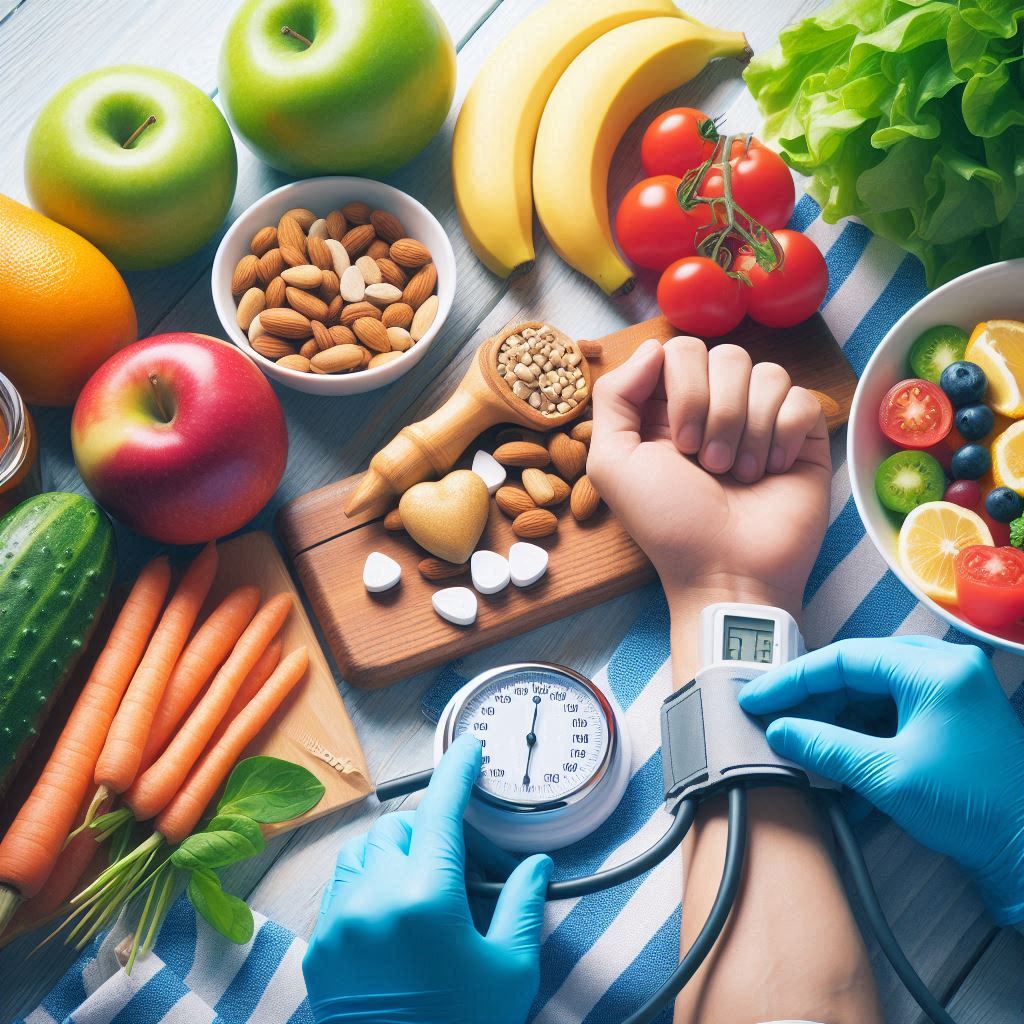
Understanding Blood Pressure and Why It Rises:
Blood pressure is the force exerted by blood against the walls of the arteries as it is pumped from the heart throughout the body. When this pressure remains consistently high, the blood vessels begin to harden or narrow, placing extra strain on the heart and increasing the risk of cardiovascular diseases.
There are two types of blood pressure:
- Systolic: The higher number, which represents the pressure when the heart beats.
- Diastolic: The lower number, which represents the pressure when the heart rests between beats.
A normal blood pressure reading is below 120/80 mmHg, while a reading above 130/80 mmHg is considered high.

The Relationship Between Diet and Blood Pressure:
What you eat every day can be either a natural medicine that helps maintain healthy blood pressure or an additional burden that gradually raises it. Diet affects several key factors related to blood pressure, such as:
- The balance of sodium and potassium in the body.
- The health and elasticity of blood vessels.
- Cholesterol and fat levels in the blood.
- Body weight and fluid retention.
Therefore, managing your diet isn’t just a preventive step — it’s the foundation of long-term blood pressure control.
Foods That Help Lower Blood Pressure:
1. Fatty Fish:
Fish like salmon and sardines are rich in omega-3 fatty acids, which reduce inflammation and improve arterial flexibility. Eating fish twice a week can help boost heart health and reduce the risk of high blood pressure.
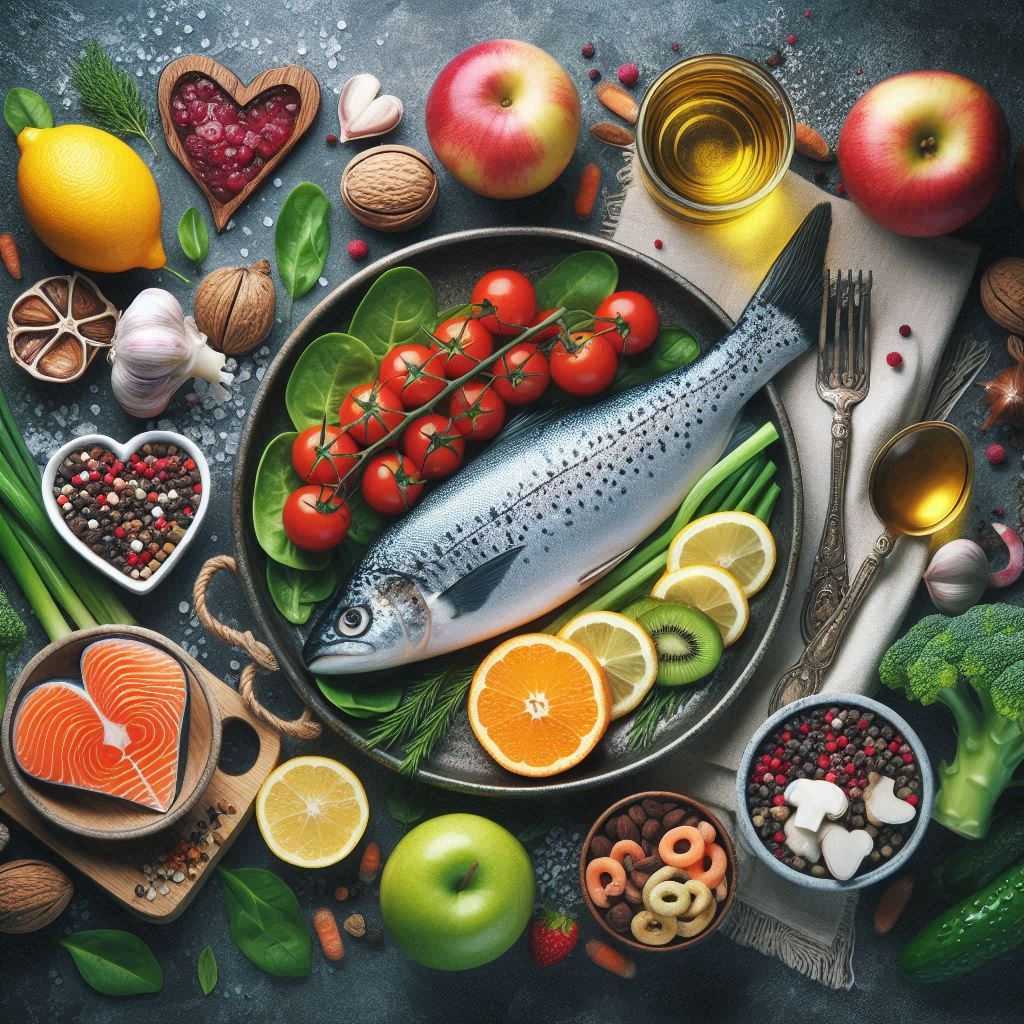
2. Nuts and Seeds:
Almonds, walnuts, flaxseeds, and chia seeds are excellent sources of magnesium, potassium, and healthy fats that support blood vessel health and gradually reduce blood pressure.
3. Garlic:
Garlic adds more than just flavor to your dishes — it helps dilate blood vessels and improve blood flow, which contributes to lowering blood pressure. It can be eaten raw or taken as a supplement after consulting a doctor.
4. Oats and Whole Grains:
Oats are high in soluble fiber, which helps reduce cholesterol absorption and improves vascular health. Whole grains such as brown rice and quinoa also help regulate blood sugar levels.
5. Dairy Products:
Calcium plays a vital role in regulating blood pressure, but it’s best obtained from low-fat sources such as yogurt and skimmed milk. Studies show that calcium contributes to the relaxation of blood vessels.
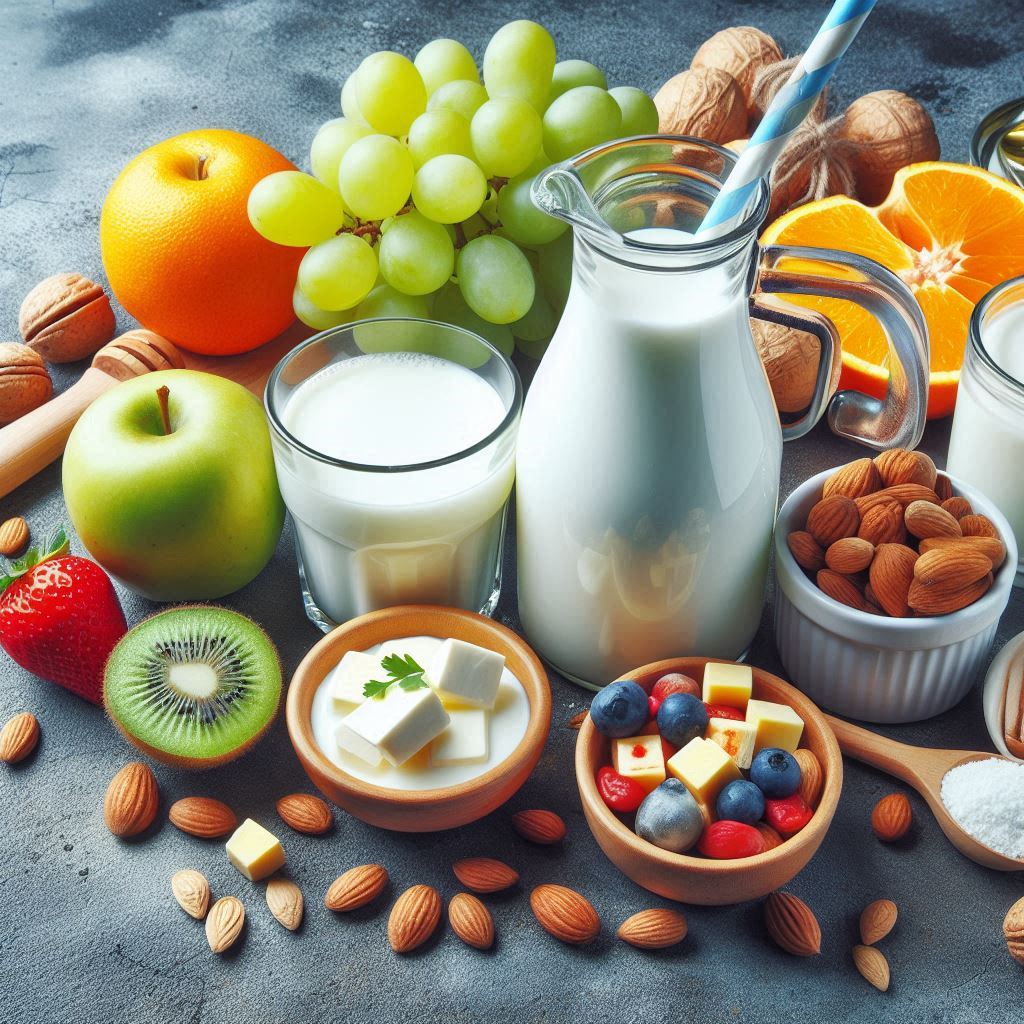
Foods That Raise Blood Pressure and Should Be Avoided:
1. Alcohol and Excessive Caffeine:
Excessive alcohol consumption can increase the risk of high blood pressure and heart disease. Likewise, caffeine-rich drinks like coffee can cause a temporary and sharp rise in blood pressure that may last for up to three hours after consumption.
2. Processed Meats:
Products like sausages, luncheon meat, and salami contain large amounts of sodium, saturated fats, and preservatives — all of which raise blood pressure and harm the heart.
3. Soft Drinks and Energy Drinks:
These beverages are packed with sugar and caffeine, causing temporary spikes in blood pressure and contributing to weight gain over time.
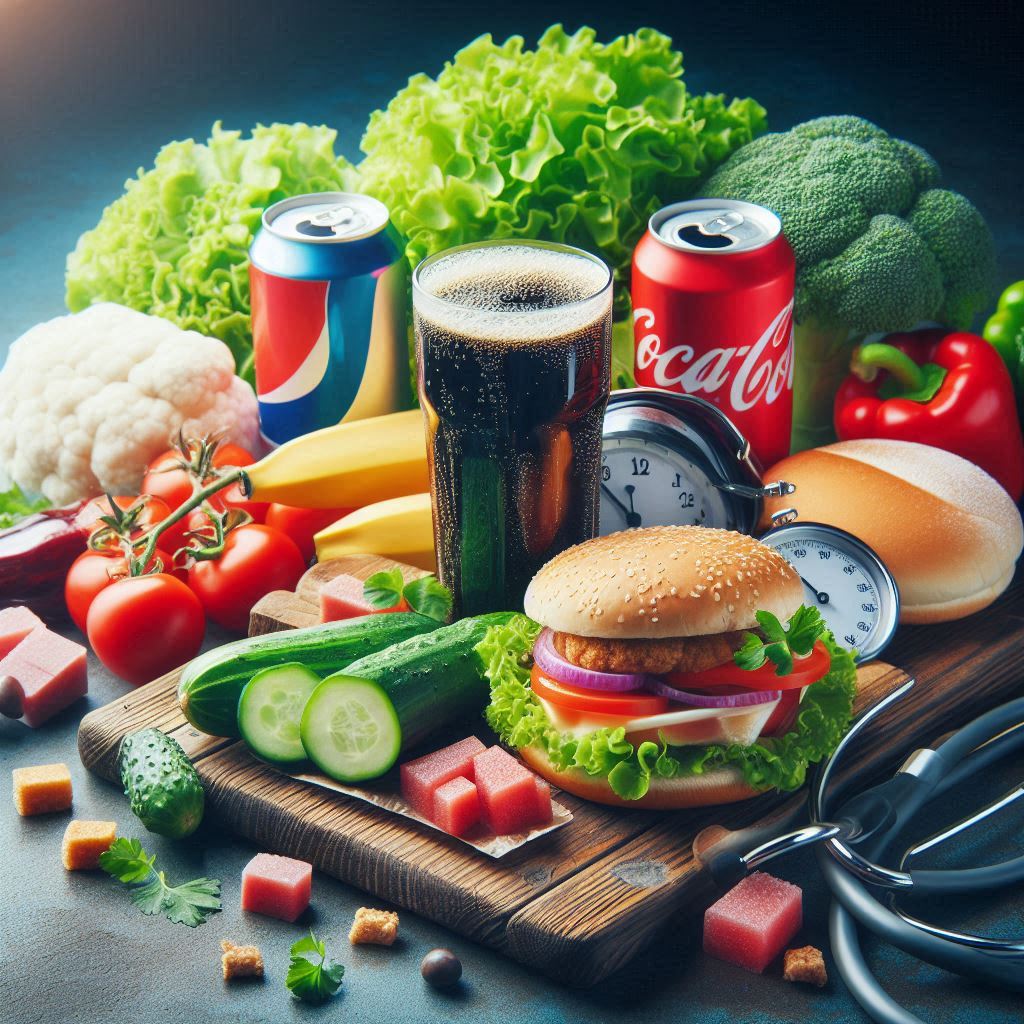
Practical Tips for Maintaining Healthy Blood Pressure:
1. Monitor your salt intake: Use herbs and spices instead of salt to add flavor.
2. Maintain a healthy weight: Every extra kilogram slightly raises your blood pressure, so losing weight can make a big difference.
3. Exercise regularly: Even brisk walking for 30 minutes a day can help lower blood pressure.
4. Stay hydrated: Dehydration causes the body to retain sodium, which increases pressure.
5. Reduce stress: Chronic stress elevates hormones like cortisol, which in turn raise blood pressure.
6. Limit caffeine: Especially if you notice your blood pressure rises after drinking coffee.
7. Check your blood pressure regularly: Routine monitoring helps detect early increases before they become serious.

The foods you choose each day can be your strongest weapon — a balanced diet rich in vegetables, fruits, whole grains, and healthy proteins can support your heart and protect you from complications.
Start with simple steps — replace salt with herbs, drink more water, and focus on eating natural, unprocessed foods — and you’ll notice improvements not only in your blood pressure but also in your overall energy and vitality.
Healthy food is the first medicine, and your heart health begins with what’s on your plate.
At Nutrition Travels, we always provide you with evidence-based nutritional information and guidance to help you understand your body better and enhance your health through smart and balanced food choices.
